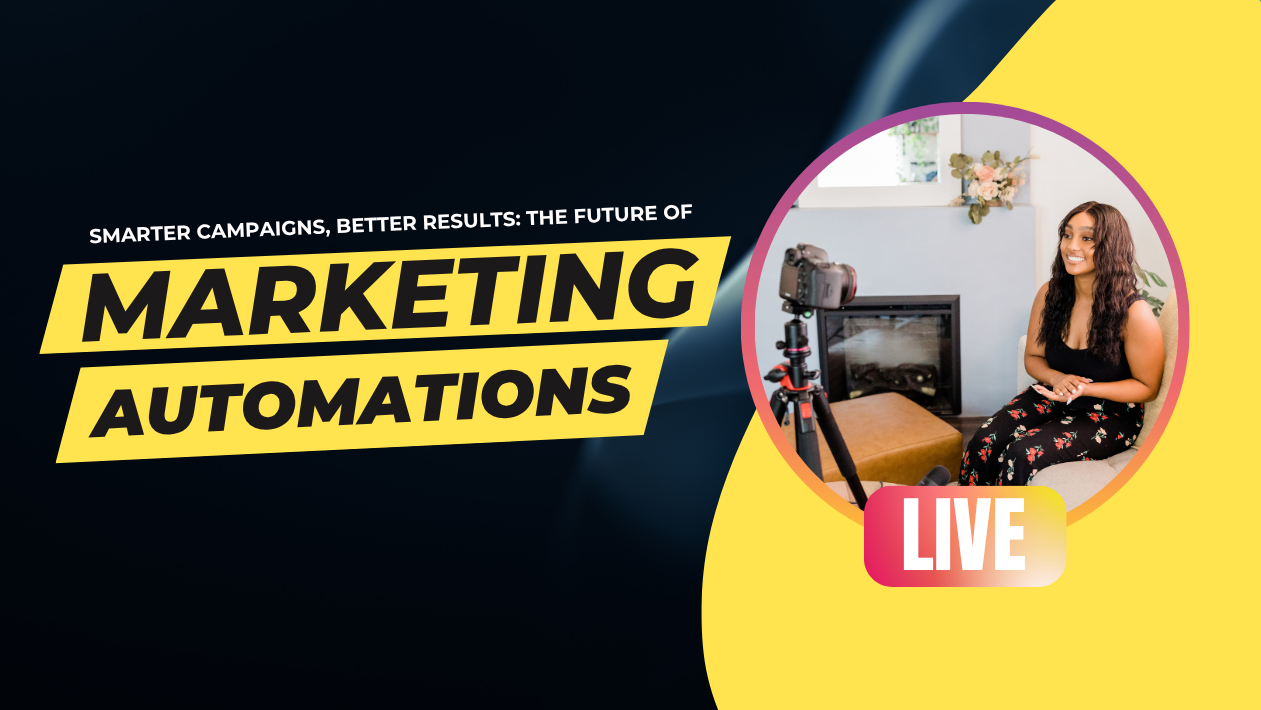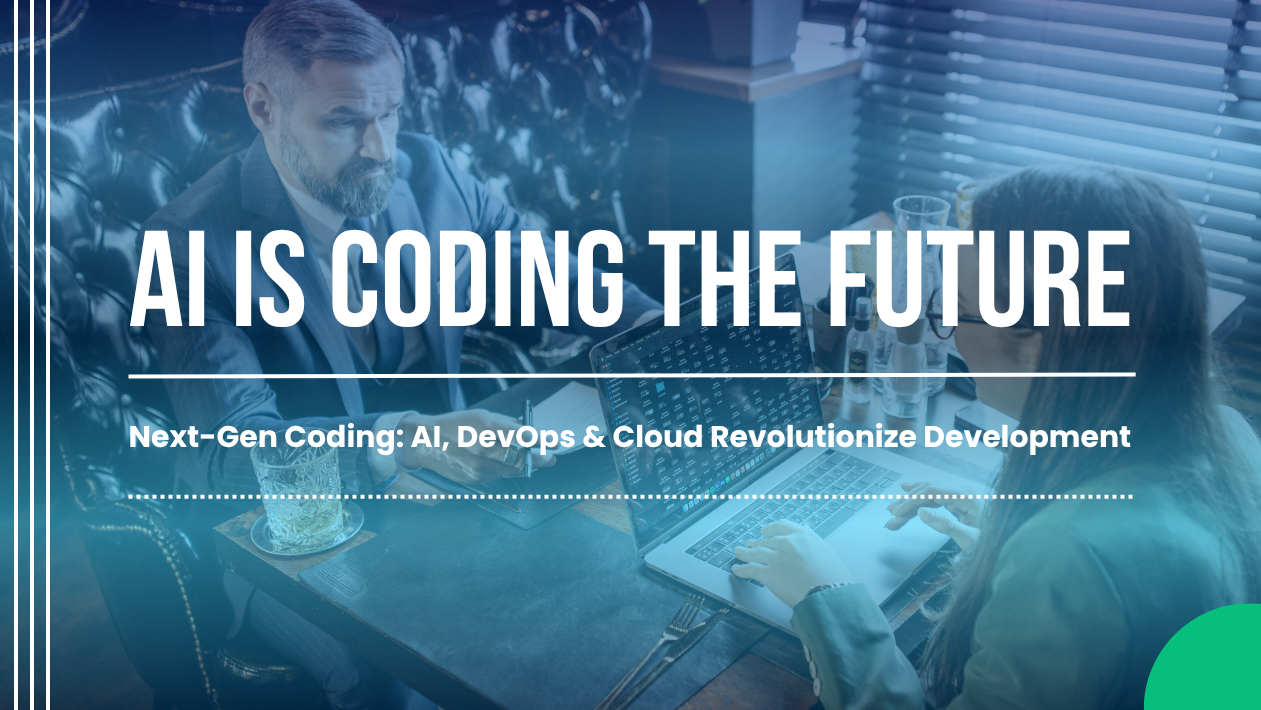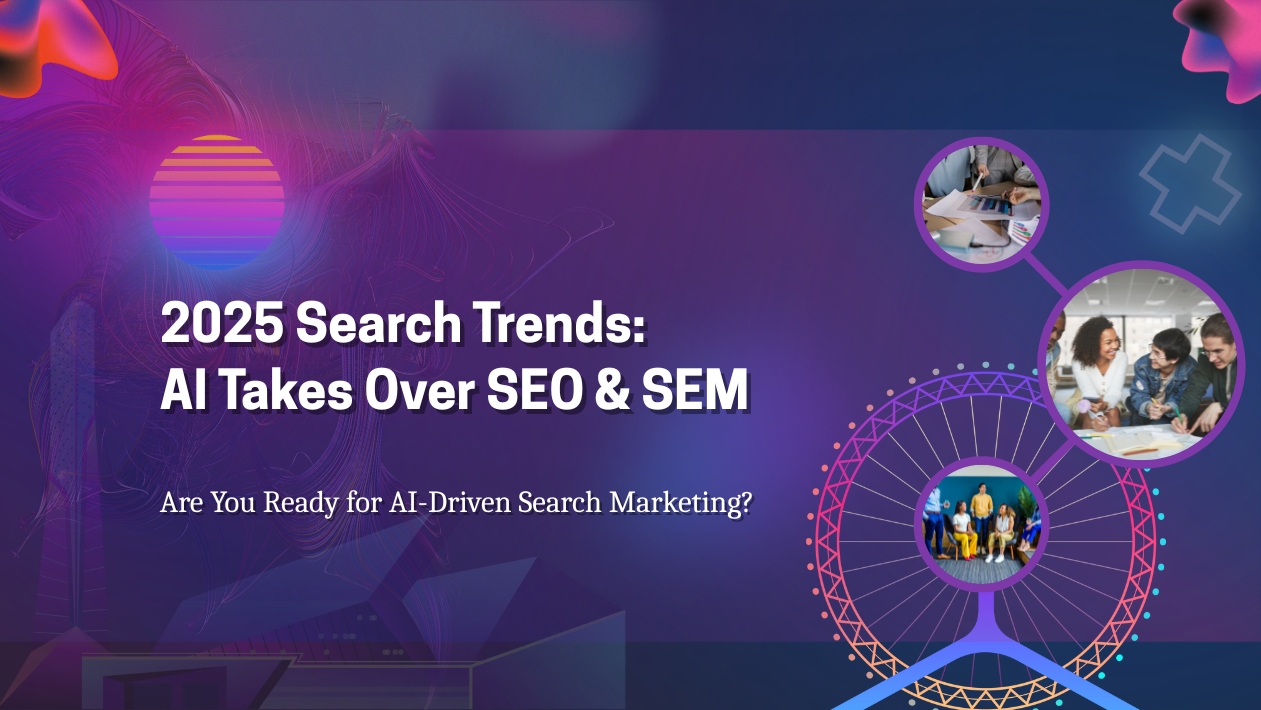Marketing automation in 2025 has evolved beyond scheduled emails and CRM integrations — it’s now the intelligent backbone of modern marketing. Powered by AI, predictive analytics, and cross-channel orchestration, brands are building hyper-personalized, data-driven campaigns that engage customers at the perfect time, on the perfect platform, with the perfect message.
AI Takes Center Stage in Automated Campaigns
Artificial Intelligence is now the core of marketing automation systems. Platforms like HubSpot, Salesforce Marketing Cloud, and Adobe Experience Platform are leveraging AI and machine learning to predict customer intent, segment audiences dynamically, and automate complex omnichannel journeys.
From automatically generating ad copy to optimizing email content and timing, AI is enabling marketers to achieve human-level creativity at machine speed.
Predictive Analytics Improves Targeting and ROI
Marketers are increasingly relying on predictive models to identify high-value customers and anticipate future behaviors. Using data from browsing history, past purchases, and engagement trends, these systems deliver highly contextual recommendations — boosting conversion rates and customer retention.
According to a 2025 Gartner survey, companies using AI-driven marketing automation tools have seen a 32% increase in ROI year-over-year.
Omnichannel Automation Connects the Customer Journey
Consumers now expect consistent experiences across all touchpoints. Marketing automation tools are integrating email, social media, SMS, push notifications, and chatbots into unified campaigns. AI ensures that each message complements the others, creating seamless and personalized brand interactions.
Businesses are also using marketing orchestration engines to automate workflows that react instantly to customer actions, such as cart abandonment or website visits.
Personalization at Scale Becomes Reality
Gone are the days of one-size-fits-all marketing. Advanced automation tools are enabling 1:1 personalization at scale, adjusting creative assets, tone, and offers in real time based on user profiles and micro-segmentation.
Retailers, fintechs, and streaming platforms are leading the charge — using AI to serve unique experiences to millions of users simultaneously.
Privacy, Compliance, and Trust Shape the Next Wave
As automation deepens, so does the need for ethical data use. Global privacy laws like GDPR 2.0 and the California Consumer Privacy Enhancement Act (CCPEA) are requiring marketers to be transparent about data collection and AI-driven decisions.
Companies are adopting privacy-first automation strategies, leveraging first-party and zero-party data to maintain compliance and build trust.
The Future: Autonomous Marketing Systems
The next generation of marketing automation is moving toward self-optimizing systems. These platforms will autonomously test creative assets, allocate budgets, and even adjust campaign objectives in real time — all based on performance metrics and audience signals.
As generative AI and marketing analytics converge, marketers are becoming strategic directors, guiding intelligent systems rather than managing manual workflows.





